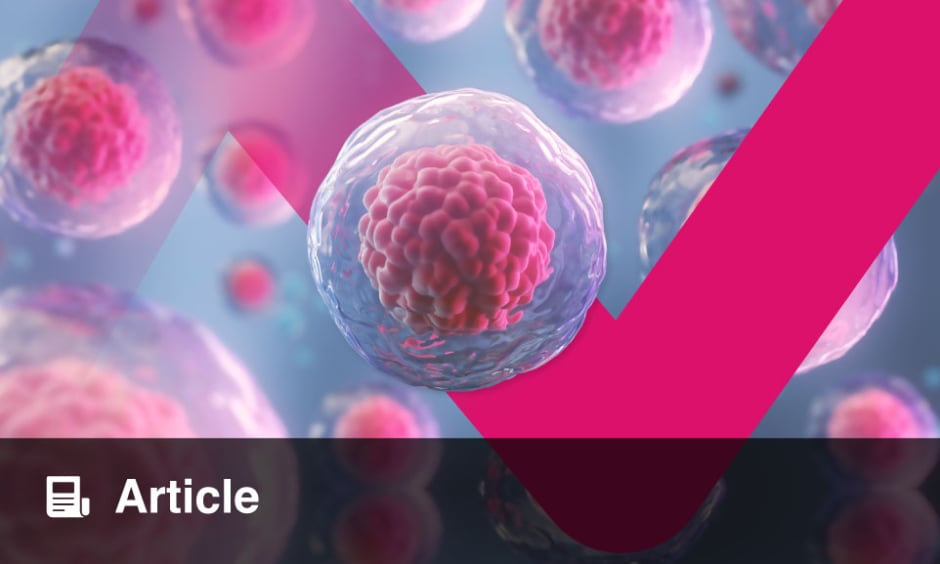A RECENT study suggests that adding allopurinol to maintenance therapy for paediatric acute lymphoblastic leukaemia (ALL) can improve treatment outcomes and reduce toxicity, even in patients without prior signs of skewed 6-mercaptopurine (6-MP) metabolism. The trial, conducted in Sweden and Finland, enrolled 51 patients who were thiopurine methyltransferase (TPMT) wild-type.
Allopurinol, used alongside 6-MP, increases erythrocyte thioguanine nucleotides (e-TGN), the key mediator of antileukemic effects, while reducing methyl mercaptopurine (e-MeMP) levels, which are linked to liver toxicity. The study found that after 12 weeks of allopurinol treatment, e-TGN levels rose from an average of 280 nmol/mmol haemoglobin (Hb) to 440 (P<0.001), while e-MeMP levels dropped from 9,481 to 2,791 nmol/mmol Hb (P<0.001). Liver enzyme alanine aminotransferase (ALT) levels also fell by nearly 50%, indicating reduced hepatic toxicity.
The primary endpoint, e-TGN levels exceeding 200 nmol/mmol Hb, was achieved by 91% of patients after 12 weeks on allopurinol, compared to 67% before (P<0.001). White blood cell counts were also more likely to remain within the target range during the trial.
No severe or life-threatening adverse events were reported with allopurinol, indicating that the treatment is safe. The findings suggest that adding allopurinol to ALL maintenance therapy can enhance the antileukemic effect and minimise toxicity, offering a promising approach for paediatric ALL patients.
Helena Bradbury, EMJ
Reference
Källström J et al. Effects of allopurinol on 6-mercaptopurine metabolism in unselected patients with pediatric acute lymphoblastic leukemia: a prospective phase II study. Haematologica. 2024;9(109).







